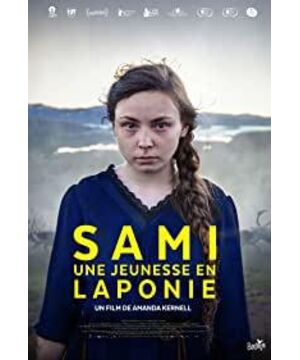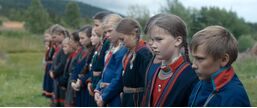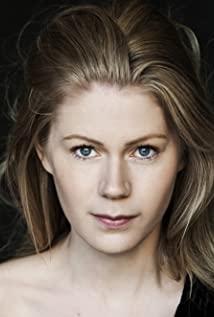When I was very young, I moved with my parents from the mountains in the southwest to Jiangsu, and left my familiar friends. In the new environment, my tone of voice, dress and way of looking at things were all out of place. I was born in the mountains. Blocked, shabby, ignorant. In school, because of my tone of voice and slow response, I once rejected my identity as a transfer student from a backward area. Due to the backwardness of learning, the three perspectives are very limited, and I have few friends and partners. I always sit alone in the corner and speak few words. I envy my classmates for answering the teacher's questions enthusiastically, and I envy their sincere words. Speaking, envious of the games between them, envious of them sharing snacks, and going home together, in these envy, I have a great doubt about my previous life style, if possible, I really hope to erase my previous life experience, Integrate with new classmates.
Over the years, after experiencing different changes, I no longer entangled in "where did I come from"; I no longer blindly envy those things that look shiny, and I am not proud of my origin, but I am also from the mountains Rejoice in this reality.
For the Nordic film "Blood of Sami", some audiences resonate with it, especially for those groups that do not belong to the majority, the admiration and envy of the more powerful groups also make people go far away and get rid of backwardness and poverty.
As the only certified minority of Omen, they live in Finland, Russia, Norway and Sweden, and live on reindeer. Sweden once implemented an assimilation policy, demarcated residential areas, forced to speak Swedish in public, taught white etiquette, forcibly de-nationalized, and constantly diluted the national attributes of the Sami people. At that time, the mainstream white groups in Sweden were dominated by strong Western values. The traditional culture of the Sami people treats them with exclusion and contempt, and ultimately does not erase the tradition of the Sami people. Today, the Sami people, as a minority in the Arctic Circle, have a very high superiority, and venison has become a luxury food. , clothing has been borrowed by the fashion industry in every possible way, and even their knives have become symbols of the brave.
Damn, I don’t know how to write it, but it’s actually quite touching. For a film review, in the film I saw the struggle of the Swedish reindeer Sami, and saw the protagonist’s yearning for the white lifestyle, although the reindeer Sami only accounted for 10% of the overall Sami people, the remaining majority are fishing Sami people. Knowing the Sami people from a TV series "Niels Riding a Goose", I thought they had the superiority of the aborigines. After all, in a country like Sweden and Norway, there should be enough tolerance for the aborigines. Shouldn't the European continent, with its ethnic diversity, be more kind to minorities? But doing everything possible to de-assimilate and go somewhere is really contrary to cognition. This may be another touch that the movie gave me.
In addition, the Sami folk songs are so beautiful, but they are strongly rejected by the protagonist. The name Aylamaya is also more poetic than Christina, and the protagonist also avoids his own Sami name. Tent, these all look cool, why was there such a policy for Swedes who had seen more cultural diversity?
Of course, this isn't a film about national identity, it's about a "where you come from and where you end up going" story. When the old protagonist dressed in the clothes of the city climbed the hillside full of meadows step by step and saw the Sami people, reindeer and paddocks, for the old man, she accepted her identity and returned to the grassland where the reindeer lived. , messy hair fluttering in the air, eyes bright. Perhaps the sight of looking into the distance is where you belong.
View more about Sami Blood reviews











